Dr. Pateman assessed that under the guiding light of Ho Chi Minh's thought, the Communist Party of Vietnam has built a modern and strong socialist society, bringing prosperity and happiness to the people.

President Ho Chi Minh read the Declaration of Independence giving birth to the Democratic Republic of Vietnam on September 2, 1945. (Photo: VNA)
On the occasion of the 133rd anniversary of President Ho Chi Minh's birthday (May 19, 1890 - May 19, 2023), Dr. Joe Pateman from the Department of Politics and International Relations, University of Nottingham, UK, expressed his thoughts on Ho Chi Minh's diplomatic ideology and Vietnam's foreign policy in the Ho Chi Minh era.
Speaking online with VNA reporters in Ottawa, Dr. Pateman assessed President Ho Chi Minh as an outstanding revolutionary, communist soldier, patriot and fighter for freedom.
He devoted his whole life to the cause of national liberation and prosperity of Vietnam.
President Ho Chi Minh's ideology of national independence, foreign policy and international cooperation has inspired progressive movements around the world.
In African countries, France, England, Thailand and many other countries that Ho Chi Minh visited, people continue to honor his legacy and contributions to Vietnam's diplomatic relations.
Regarding Vietnam's application of Ho Chi Minh's foreign policy in international relations, Dr. Paterman assessed that Vietnam has consistently applied President Ho Chi Minh's flexible and adaptive foreign policy.
He emphasized that in both theory and practice, Ho Chi Minh always promoted the principles of equality, peace, cooperation, independence, autonomy and flexibility in all international activities.
Vietnam's bamboo diplomacy is encapsulated in this principle through the metaphor of a bamboo tree: strong roots, durable trunk and soft branches.
Strong roots are core guiding principles such as national interests, independence, and autonomy in foreign relations. These principles are deeply rooted in President Ho Chi Minh's diplomatic ideology and form the foundation for Vietnam's foreign policy.
The durable trunk represents Vietnam's resilience in implementing its foreign policy despite the challenges and difficulties it faces.
This reaffirms President Ho Chi Minh's view that Vietnam is a friend of all countries, a nation that needs to build strong relationships to be able to withstand storms.
The soft branch represents Vietnam's ability to be steadfast in principles while remaining flexible in strategy according to His teachings.
Dr. Pateman affirmed that by building a bamboo diplomacy policy based on the legacy of President Ho Chi Minh, Vietnam has developed a strong and lasting friendship with Canada. Thanks to that, the relationship between the two countries has become increasingly strong.
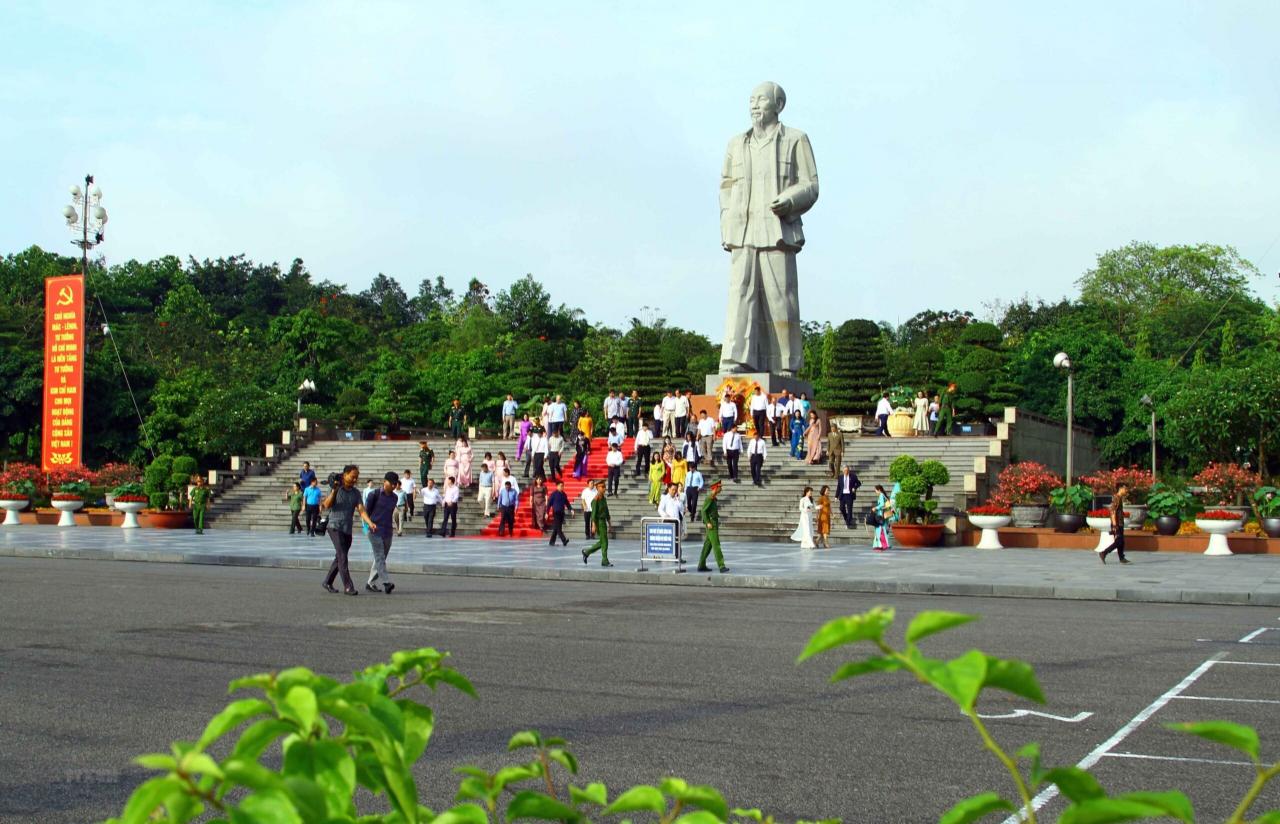
Ho Chi Minh Square and Uncle Ho Statue in Vinh City (Nghe An). (Photo: Ta Chuyen/VNA)
Assessing Vietnam today in the Ho Chi Minh era (Vietnam after gaining national independence and applying the policies and instructions left by President Ho Chi Minh), Dr. Joe Pateman said that since gaining national independence, Vietnam has continued to creatively apply Ho Chi Minh's thoughts in the practical conditions of the country and has achieved outstanding achievements in the construction of a socialist society and foreign policy.
Under the guiding light of Ho Chi Minh's thought, the Communist Party of Vietnam has built a modern and strong socialist society, bringing prosperity and happiness to the people.
Applying Ho Chi Minh's ideology in foreign policy helps Vietnam become a country with full sovereignty and close relations with the international community.
Dr. Pateman emphasized that Vietnam's domestic and international achievements all stem from the immortal legacy of President Ho Chi Minh./.






































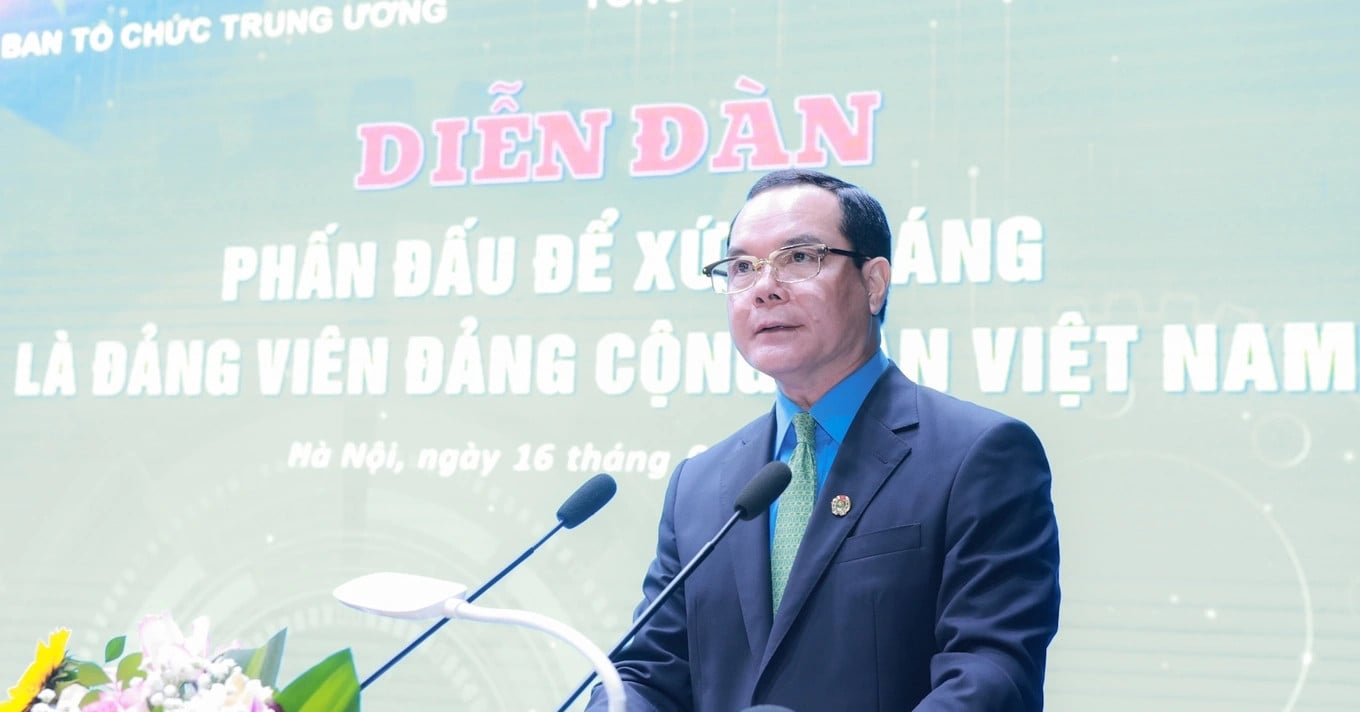

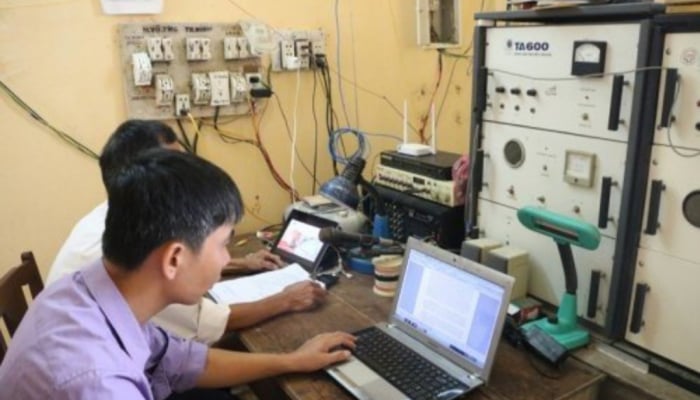
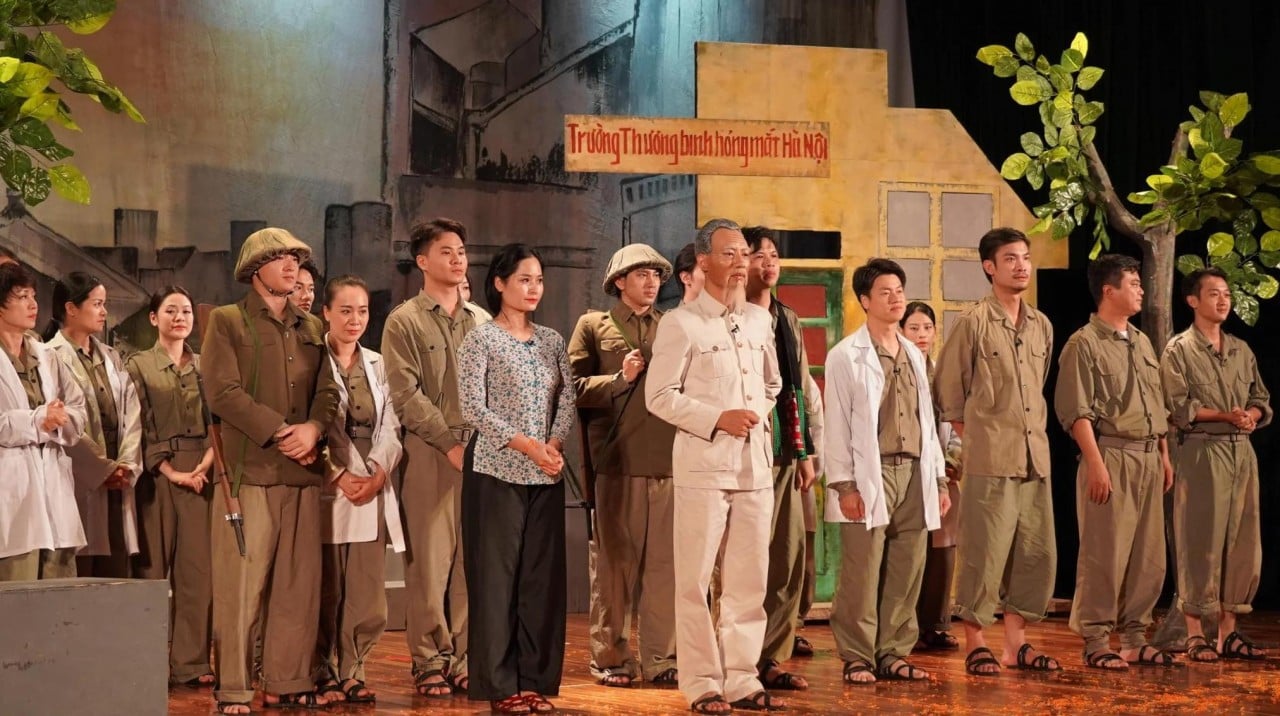
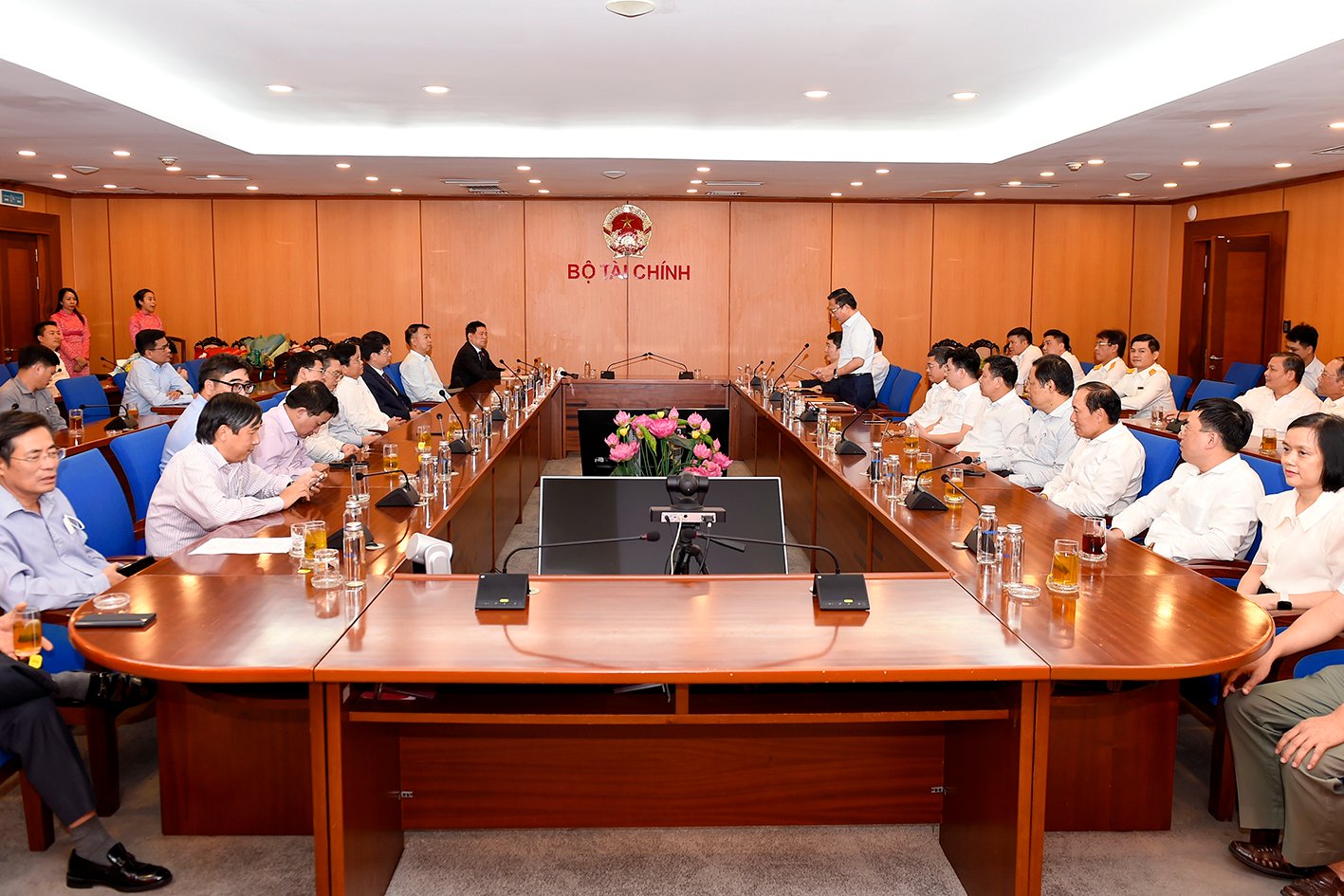

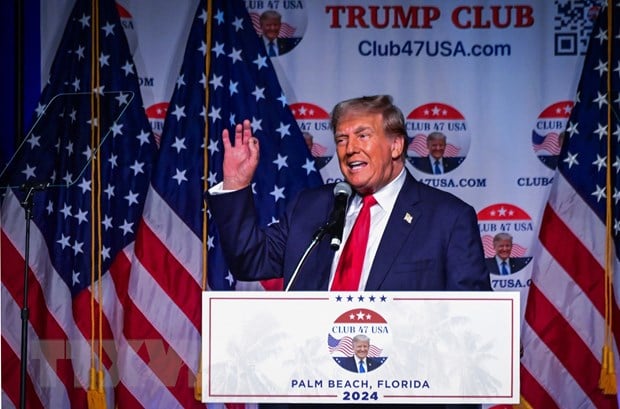

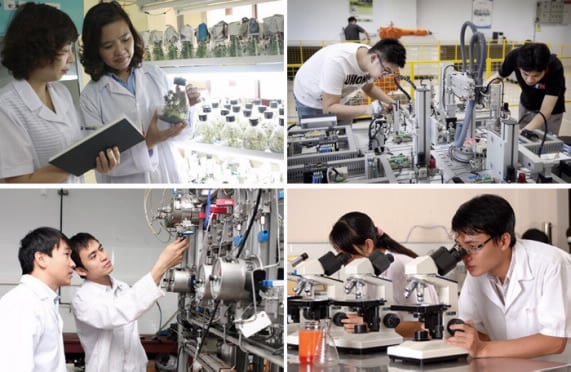














Comment (0)